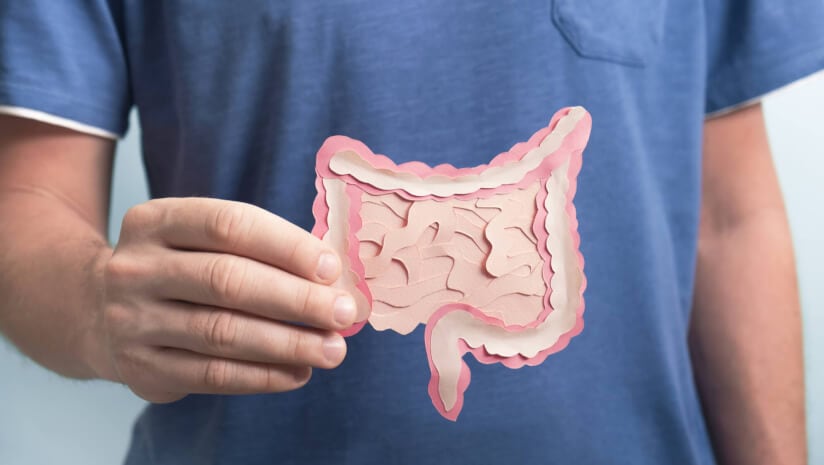Titled “The latest in APAC’s metabolic health landscape“, the webinar is available to watch on demand here. Registration to watch the webinar is free.
The webinar consisted of a panel discussion featuring four industry experts.
They are Dr Julie Chen, chief formulator at Australia’s eimele, Dr Brad McEwen, head of products and innovation at Complementary Medicines Group, Abdul Razak Mohd Isa, CEO and Co-founder at Medika Natura, and Dr Shyam Ramakrishnan, director, research and development, India and SE Asia Markets at Amway.
The panel was moderated by Koe Ting Min, editor of NutraIngredients-Asia.
The webinar was sponsored by Reducose by Phynova.
Metabolic health encompasses a wide range of body systems, including blood glucose, cholesterol levels, hormones, and weight, said Dr McEwen.
“The way I see metabolic health is that it encompasses most body systems, it’s a constellation. Beyond blood glucose, we are looking at insulin, cholesterol, triglycerides, thyroid, cortisol.
“There’s quite a wide range of different metabolic health conditions but metabolic health effects are happening everyday. Some of them are normal, but it’s when it’s getting out of balance, we’re seeing a lot of conditional disease,” he explained.
New scientific findings have also emerged on how “old ingredients” like berberine has shown benefits for glucose and fats metabolism, he said.
“There are a lot of new ‘old things’ that are coming through. We are seeing newer applications of for example, menaquinone-7, which is vitamin K2, where it has a great cardiometabolic effect, particularly in women with polycystic ovary syndrome (PCOS), imbalance in insulin resistance, and glucose intolerance.”
Asked the top metabolic health concerns that APAC consumers have, Dr Ramakrishnan pointed out issues such as being overweight and having high levels of blood glucose and lipids.
“They are all linked, high blood sugar is linked with being overweight and high lipids. Many times, there’s always a conglomeration of issues.
“So I would imagine that the typical concerns would include how could I reduce the risk of type II diabetes, how do I lose fats while preserving muscles - which is one of the most important metabolic organ,” he said.
Other top concerns include reducing visceral fat, fatty liver, and finding sustainable diets.
Part of the solutions, he said, would come from modulating the gut microbiome.
Science triumphs
Scientific evidence is key in consumers' selection process of products for supporting metabolic health, Dr Chen pointed out.
“We are seeing that there’s probably close to 60 per cent of consumers are looking for dietary supplements that have clinical evidence and the scientific evidence behind it to give them desired function or efficacy target,” she said.
The interest in scientific evidence is especially evident among younger and educated consumers, she added.
In the same vein, Razak pointed out that consumers, as well as patients are looking for ingredients that are natural and scientifically backed at the same time.
“The educated consumers will ask about the mechanism of action, the dose, the safety, which are the clinical questions...The same goes with the doctors and pharmacists who are prescribing or using our products to the patients,” he said, adding that the company has conducted preclinical trials and RCT on its metabolic health product.
The gut-metabolic axis is one example where there is growing scientific evidence showing how metabolic health could be improved by modulating the gut.
This could therefore, consist of the use of ‘biotics’, as well as phytonutrients that promote gut health.
“The gut-metabolic axis is very interesting...It helps to control the hormones, improve satiety, and decrease inflammation,” said Dr Chen.
She gave the example of the Akkermansia bacteria, which for instance, has been shown to have a direct link to metabolic syndrome as well as obesity.
“So if you are able to promote gut health, not just with your traditional pre-, pro-, and postbiotics, but also, you’ll be looking at the plant materials, like phytonutrients, which can promote gut health as well.”
An example of a phytonutrient is the white mulberry leaf extract.
With its compound 1-deoxynojirimycin (DNJ), it has shown to have a direct impact and significant impact on blood glucose and insulin levels, said Dr Chen.





